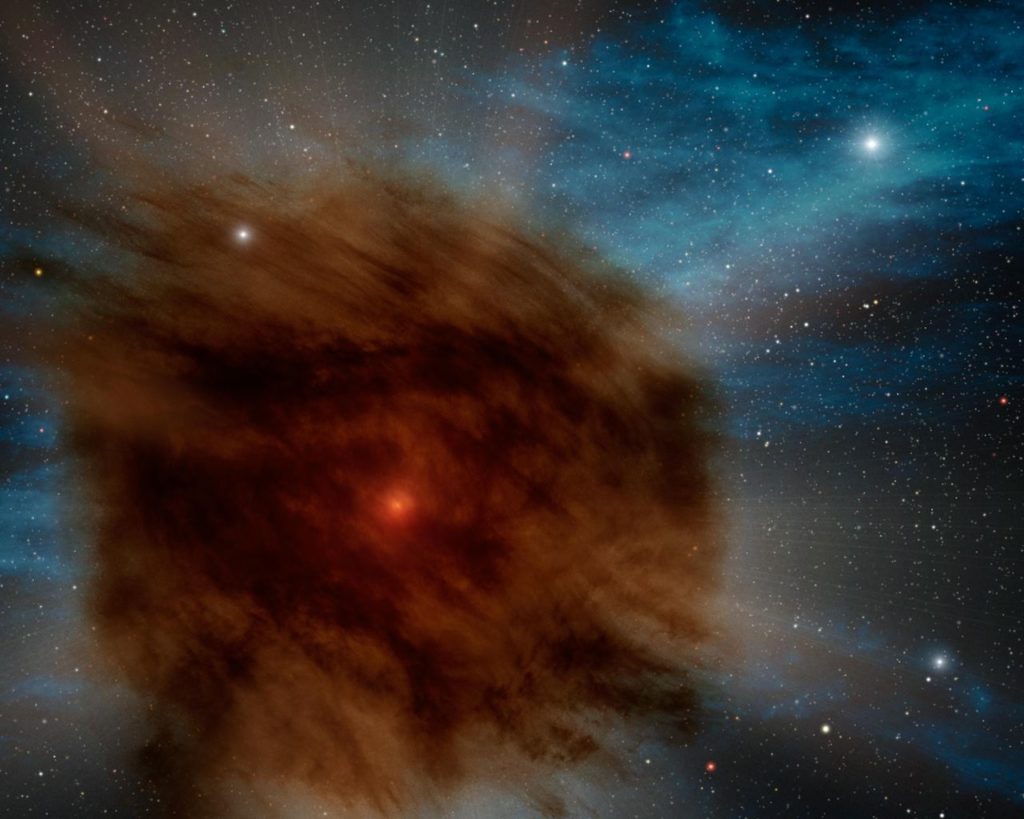Imagine a world similar to Earth, flourishing with a rich atmosphere of breathable oxygen. Water is flowing effortlessly, the temperature in just the right range and possibly filled with life forms. Intriguing? This hypothetical world could have been our neighbor Mars. Dr. Dimitra Atri from Blue Marble Space believes so. In his recent work titled “Did high-energy astrophysical sources contribute to Martian atmospheric loss?” he tries to figure out what could have possibly caused Mars to lose much of its atmosphere.
Planetary atmospheres play a major role in maintaining habithttps://academic.oup.com/mnrasl/article/463/1/L64/2589724able conditions on a planet. Earth, for example, has a magnetic field that cause our compass to always point north, and is strong enough to deflect radiation from Sun and protect our atmosphere. Atmospheres can break down because of the lack of this planetary magnetism and also low surface gravity, leaving the planet vulnerable. But even though our Sun has been little harsh on Mars, it was not enough for a complete wipe-out.
That credit goes to some spectacular, long-duration explosions that happened somewhere in our solar system called Interplanetary Coronal Mass Ejections or lCMEs. A Coronal Mass Ejection means that the corona, a layer of the sun, explodes, ejecting particles into space. Supernova cosmic rays or interstellar clouds could be the possible scenarios for strong radiation.
In the ancient past, the Sun was highly active and extreme events such as supernovae and interstellar clouds were larger and more common. This increased activity in combination with the Sun’s radiation would increase the erosion of upper atmosphere considerably. As governments and private space agencies try to conquer Mars, this angle of research might shed some light on the upper atmosphere on Mars.
For those of us who are still living on Earth and waiting for our one way ticket to Mars, we should appreciate the dense atmosphere of our planet even more, protecting us from harmful radiation that would otherwise make our planet inhospitable.


